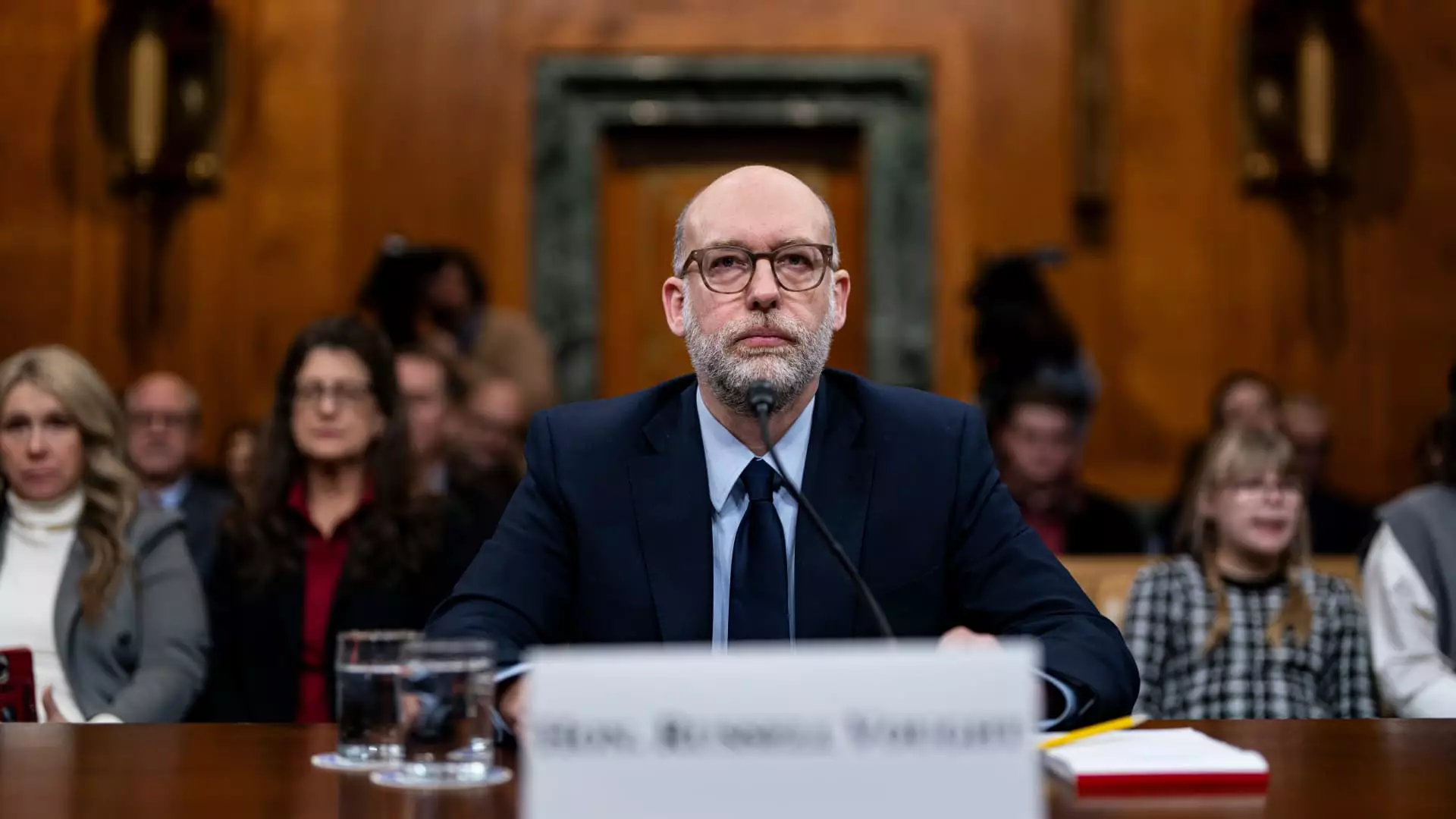The recent transition in leadership at the Consumer Financial Protection Bureau (CFPB) has initiated a notable pivot away from the previous administration’s approach to consumer protection and enforcement. Under the helm of acting director Russell Vought, the CFPB has made headlines by dismissing multiple enforcement lawsuits that were initiated under former director Rohit Chopra. This abrupt change not only highlights the agency’s evolving priorities but also raises questions about the implications for consumers seeking protection from financial misconduct.
On Thursday, the CFPB issued a notice of voluntary dismissal in at least four noteworthy legal cases targeting major companies, including Capital One, Vanderbilt Mortgage & Finance, Rocket Homes Real Estate, and the Pennsylvania Higher Education Assistance Agency. In these legal documents, the CFPB stated it was dismissing the actions “with prejudice,” effectively sealing the fate of any future litigation against these defendants concerning the dismissed claims.
Such dismissals could indicate a significant strategic shift in how the agency plans to operate under Vought’s leadership. The targeting of these companies suggests a departure from scrutinizing alleged abuses in the financial sector, which has long been a cornerstone of the CFPB’s mission to protect consumers.
The decision to cease these lawsuits may serve to realign the agency’s focus, as indicated by statements from current and former employees. They have suggested that the new administration plans to relinquish many of the previous directive’s initiatives, which some viewed as aggressive in their enforcement actions. Under Chopra, the CFPB adopted a more proactive stance in addressing consumer grievances, while the current leadership seems inclined to step back, quieting the robust regulatory environment established in recent years.
Moreover, the closures of the Washington headquarters and the firing of about 200 employees further manifest the dramatic rearrangement within the agency. The reshuffling of personnel and structural changes could stifle the agency’s ability to effectively oversee and regulate. With a diminished workforce, the CFPB’s capacity to support consumer financial protection initiatives may be severely hindered.
The dismissal of these cases comes amidst broader political maneuvering, as Senatorial hearings regarding Jonathan McKernan’s nomination to permanent leadership position at the CFPB have also taken place. With political influences interweaving with agency policies, it is crucial to monitor how these shifts will cater to the interests of consumers juxtaposed with those of big financial institutions.
The reinstatement of greater autonomy for the CFPB could lead to a diminished ability to hold companies accountable, underlining the critical tension between regulatory oversight and corporate interests. For stakeholders in the financial market, understanding this new direction is imperative, as it could reshape consumer interactions with financial services in the near future.
As the CFPB continues to redefine its mission and operational strategy, the agency’s evolving policies will require close observation. Moving forward, consumers and advocates alike must remain vigilant to ensure that the rights and protections established in the wake of the financial crisis are upheld amidst this significant administrative change.

Leave a Reply